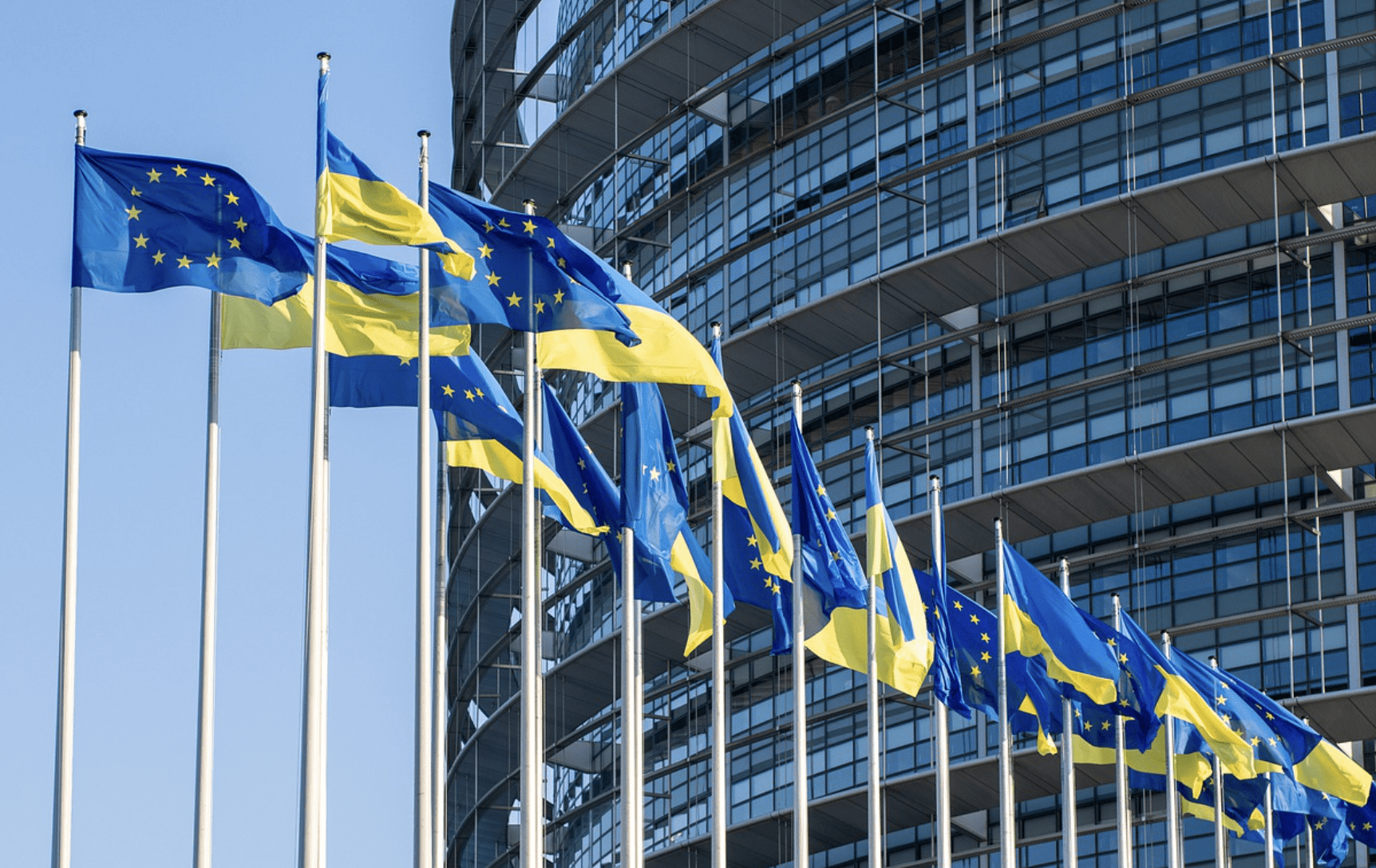
The European Commission gave its green light on Friday, June 17th, to the launch of the process of Ukraine’s accession to the European Union. At the same time, the leaders of France, Germany, Italy and Romania, visiting Kyiv to give symbolic support to Volodymyr Zelensky, said they were in favour of granting Ukraine “immediate” official candidate status for EU membership. This is a notable change in position by the leaders of three of the European Union’s most important member states.
However, the reluctance to allow Ukraine to join the circle of EU members is far from over. Even if the gesture is symbolically powerful, this green light is not a guarantee that the process is complete and will go smoothly. Ukraine must meet the Copenhagen criteria, i.e., 35 accession criteria ranging from respect for the rule of law to the “acquis communautaire,” or the ability to comply with the Union’s political, economic, and monetary requirements. Important economic and social reforms are expected.
“Ukrainians are ready to die for their European aspirations. We want them to live the European dream with us,” Ursula von der Leyen said. Yet the Commission has set clear conditions to justify its decision. “Ukraine has already adopted about 70% of European rules, norms and standards,” said von der Leyen, but much remains to be done in areas such as “the rule of law, oligarchs, the fight against corruption, and fundamental rights.” What happens next, she stressed, “will depend entirely on Ukraine” and how it “implements important reforms.” Von der Leyen insisted that these reforms could very well be carried out even in wartime. “The government works, the parliament works,” she repeated. The Commission will make a first assessment of the progress made by the end of the year. It should be noted that candidate status is reversible and can therefore be withdrawn later if the European Council sees fit.
The opening of the accession process for Ukraine is entirely dependent on the international geopolitical context. Until 2021, Ukraine’s candidacy was not particularly high on the agenda, and the somewhat hasty entry into the Union of certain states such as Bulgaria or Romania did not leave purely positive memories among certain members, who point the finger at the persistence of grave corruption in these two countries. Ukraine has many handicaps that made its candidacy totally hypothetical until a few months ago. Ukraine’s GDP was 60% of that of Romania, one of the poorest countries in the EU, before the conflict began. Ukraine’s corruption is notorious, ranking 122nd out of 193 on the Transparency International scale in 2021.
Ukraine undoubtedly sees this opening door as a sign of its anchorage in the West, and a promise of improved economic conditions in the years to come, similar to those experienced by its Polish neighbour. In geopolitical terms, the opening of the EU accession process is also a signal to NATO: 21 of the 27 EU member states belong to NATO and this number will increase with the accession of Sweden and Finland.
A European summit is to be held on June 23rd and 24th. For the time being, the European Commission’s decision is only a recommendation. On the basis of this opinion, the Member States will have to decide unanimously whether or not to grant candidate status to Ukraine at the summit to be held in Brussels.
